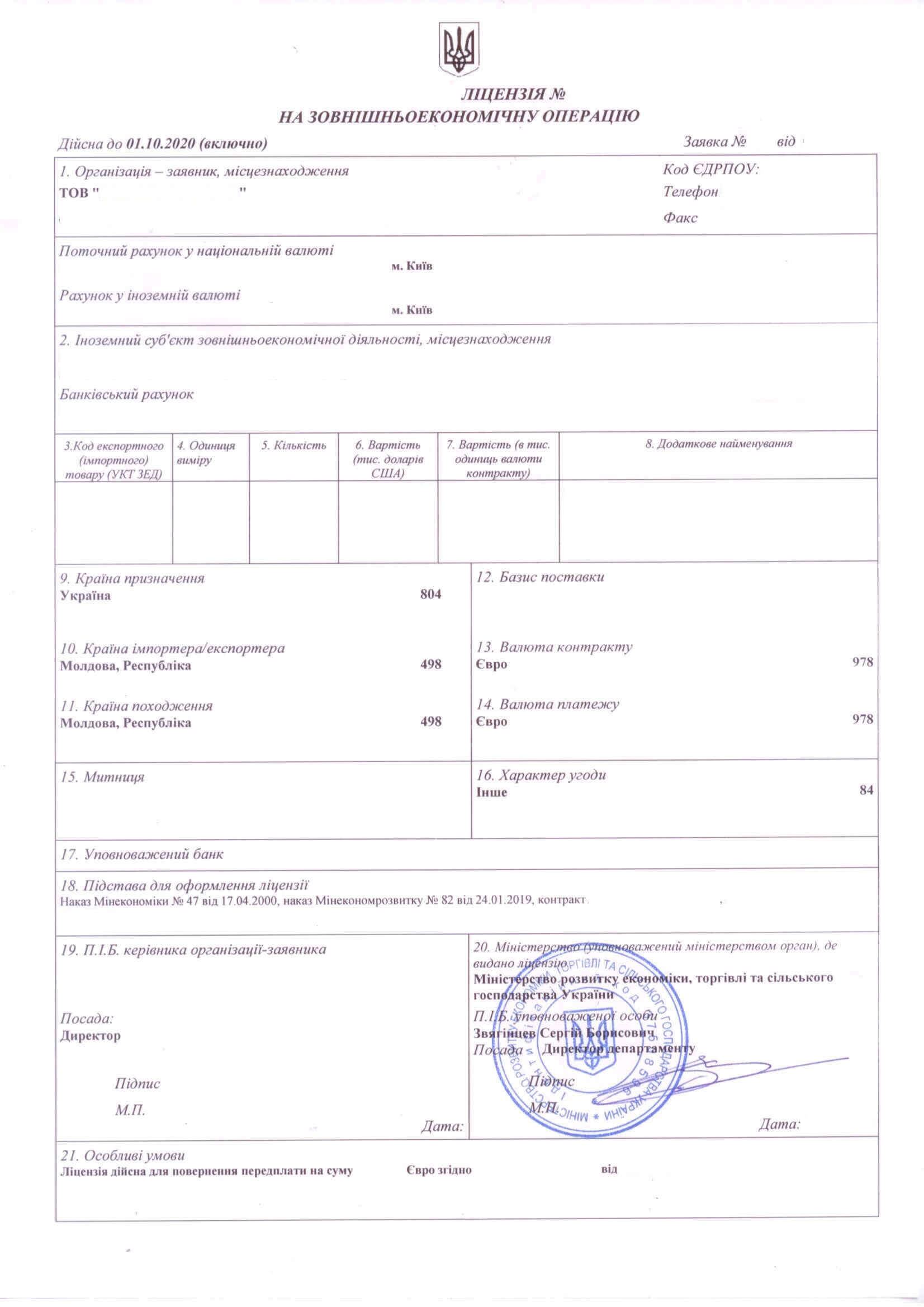Currency control of foreign economic activity
Cost of services:
Reviews of our Clients
... our work on joint projects assured us of your high level of professionalism
Foreign exchange control refers to the bank personnel who entrepreneurs regularly communicate with during all payments related to foreign trade contracts. When entrepreneurs need to make payments under such contracts, they must order and purchase currency. Currently, purchasing currency is only possible for critical imports, whereas in the past, there were no such restrictions.
However, there were other limitations. Previously, in Ukraine, there were foreign trade entities under sanctions that could only be paid from the NBU license. This is no longer the case. Working conditions for importers and exporters in Ukraine are subject to rapid changes – taking only weeks, not months.
We will discuss the situation regarding foreign exchange control during wartime. If you require expert assistance in organizing import operations, please contact our specialists for a detailed consultation.
You may also like: A Guide to Screening Foreign Counterparties for International Trade
The maximum settlement period for import operations
When an entrepreneur buys foreign currency for critical imports and pays the foreign counterparty, they have a maximum period of time to settle the transaction. These deadlines are set by the National Bank of Ukraine and they can change frequently. During peacetime, the settlement period was 365 days, but during wartime, it was shortened to 90 days. This means that the entrepreneur has 90 days from the payment date to complete the foreign exchange transaction by submitting a customs declaration before the deadlines set by the NBU.
If the entrepreneur fails to complete the transaction within the 90-day period and does not receive an extension of the maximum settlement period from the Ministry of Economy, the bank, acting as a tax agent, is obligated to inform the tax authorities at the entrepreneur's place of registration about the violation of the NBU deadlines.
Based on this information, the tax authorities may conduct an unscheduled inspection of the entrepreneur and hold them accountable for violating currency legislation.
It's important to note that the bank is not intentionally reporting its clients to the tax authorities. The bank has a legal obligation to inform the tax authorities, and failure to do so would result in the bank being held accountable. Additionally, the bank wants to maintain a good relationship with its clients, so they usually notify their clients in advance about the issue and give them an opportunity to resolve it before any penalties are imposed.
It's also important to note that the bank's currency control system notifies clients about any errors that occur during customs clearance of goods. For instance, if there are any incorrect bank details (such as the bank's MFO) in the customs declaration, the bank won't be able to see the declaration, and will call to inform the client that they need to provide the correct details to close the payment.
Similarly, if there's an error in the contract number or date on the customs declaration, payment can only be made based on the contract, and the payment order and customs declaration will have different details. In such cases, the client needs to apply to the customs office for correction of the customs declaration.
The bank's currency control system helps clients comply with currency legislation requirements and avoid violations in foreign trade settlements. The key is to respond to the bank's signals promptly and correct any errors before they cause any issues. We're here to help you with that.
For example, if an entrepreneur forgets to make timely payments or customs clearance, they must pay for the goods or customs clearance before the maximum settlement period ends.
If there is an error in the declaration, the entrepreneur should write an application for correction to the customs office, specifying the necessary information to be corrected. The inspector has 10 days to make the necessary changes. Whether the changes will be made and whether they will benefit the entrepreneur depends on the preliminary analysis of the situation and the correct legal actions taken.
Our company provides comprehensive support for import operations, including:
- Analysis of foreign economic conditions and making necessary adjustments to the contract;
- Support in the payment process and communication with the bank;
- Logistics for transporting imported or exported goods;
- Assistance with customs clearance in Ukraine.
For more information:
Our clients







